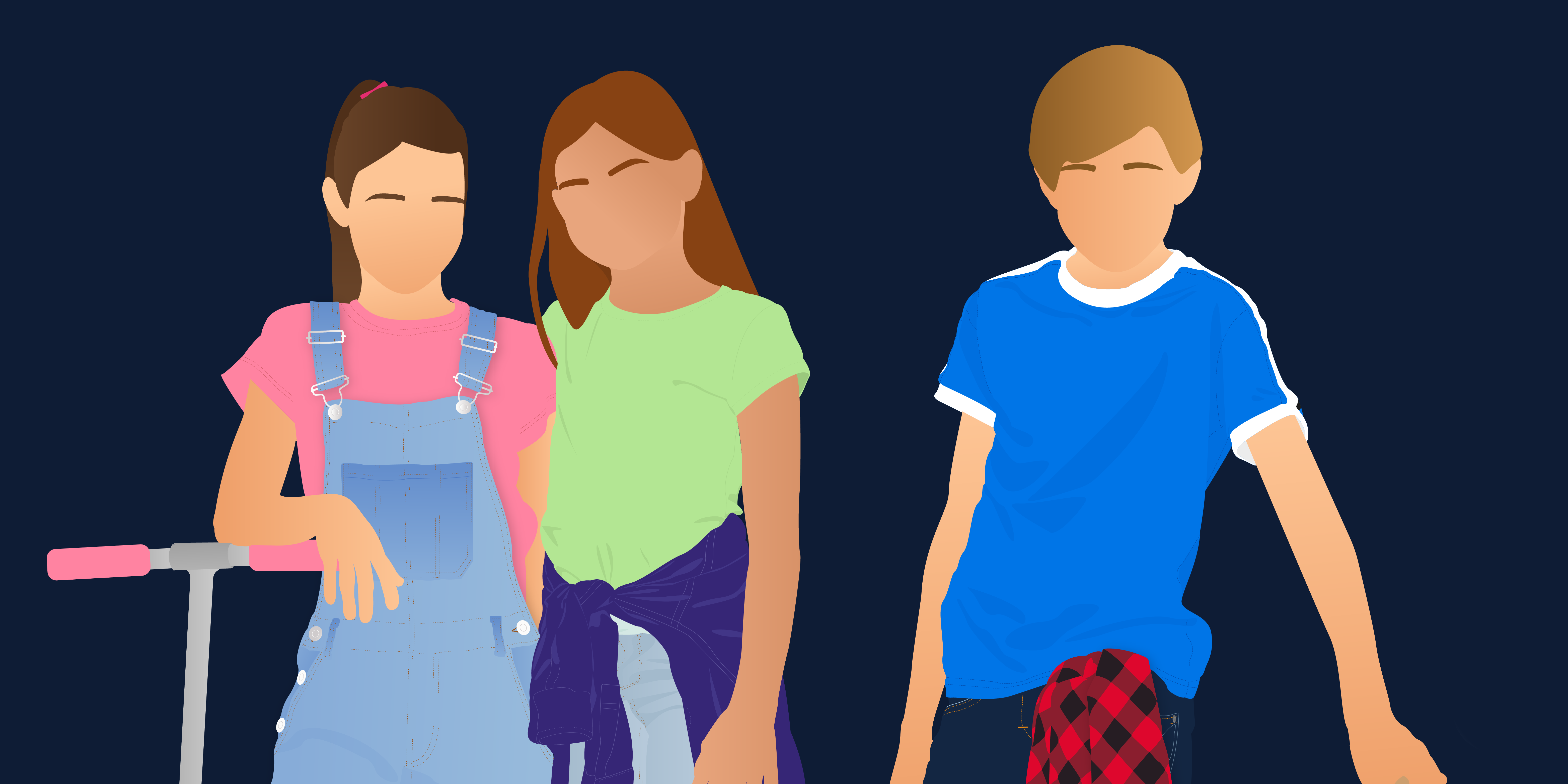Let's face it. “Toxic” has become a buzzword.
Just scroll through your social media feed for a few minutes and take note of how many times it’s used.
Now, let’s be clear. It takes a lot of courage to recognize and walk away from truly toxic situations. We love seeing people open up about their experiences while giving and receiving support from their online community.
But, let’s talk about this audio we ran across on an Instagram reel recently:
“If it’s complicated, I ain’t doing it. If it’s going to cause me stress, I ain’t doing it. If it’s going to get on my nerves, I’m not doing it. It’s just a no for me now.”
Let’s unpack this because it isn’t as harmless as it might appear.
Consider…
What is this saying to our kids?
Coping with difficult situations is optional. It’s okay to give up on friends or situations when they’re stressful. There’s no need to develop resilience as life takes them through normal ups and downs.
What is the impact as “toxic” loses its true meaning?
It’s harder for your kid to know what is a toxic friendship. The word becomes a way to describe the normal ups and downs of a relationship. Building lifelong friendships becomes harder as kids are encouraged to abandon any person that causes them frustration instead of learning to work through conflict.
A little concerning, right? It’s time to reclaim the word. Stressful or complicated situations aren’t always toxic. A friend that gets on our nerves isn’t necessarily toxic.
Let’s give our kids the tools to decide:
Is this a toxic friendship?
Now we get it. We’re all imperfect and there are moments when we will be “bad” friends. That’s ok! Let’s not burden ourselves or our kids with the pressure to be perfect. Instead, let’s learn to ask if this is a one-off situation or a pattern with a friend.
Are they:
- regularly unsupportive?
- always picking fights?
- physically draining to be around?
- constantly gossiping about other people?
- always making the relationship about them?
- stirring up drama wherever they go?
- difficult to trust or rely on?
If the answer is “yes, it’s a pattern”, time to get out! These are the signs of a toxic friendship.
Toxic friends can damage your kid’s mental health, impact their self-esteem, and expose them to bullying. It doesn’t matter if letting go of a friendship stirs up drama, it’s time to leave it behind.
Empower your kid to set boundaries about how they should be treated in a friendship.
Encourage them as they learn to stand up for themselves while ending a friendship.
Educate them so they know what makes a healthy friendship so they can avoid bad ones as they get older.
Is this part of the normal ups and downs of a friendship?
We won’t sugar coat it: relationships are hard. There will always be moments of frustration, tension, or disagreement. Even being challenged to become a better person feels like conflict at first.
How do you prepare your kid to tell the difference between a healthy friendship going through growing pains and a toxic one that should be abandoned?
Healthy friendships regularly feel:
- safe
- secure
- empowering
- uplifting
A true friend’s presence reminds your kid of all that they are, not all they’re not.
We’ll say it again, this doesn’t mean conflict won’t pop up at times. The difference is how it’s handled. A toxic friend never accepts responsibility and works through the issue. Real friends will put in the uncomfortable work and resolve conflict to build a relationship that's stronger than ever.
So, is the friendship really toxic?
Now you have the tools to equip your kid. As we reclaim the word, you help them avoid a harmful friendship and recognize a healthy one that’s just going through a rough patch (the younger you start, the better)!
